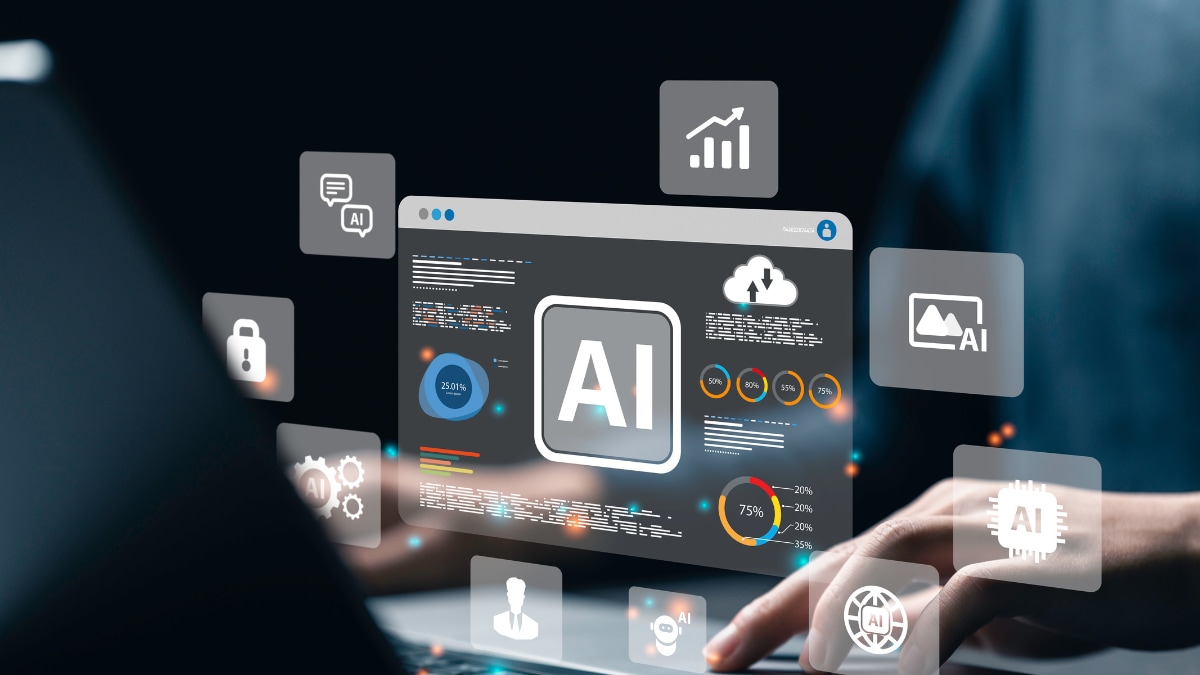





Patricia Obo-Nai, CEO of Telecel Ghana, delivered a keynote speech at the Conferral and Graduation Ceremony of the Chartered Institute of Human Resource Management (CIHRM) in Accra. She emphasized the critical role of Artificial Intelligence (AI) and data science in shaping the future of HR practice. Obo-Nai shared examples of AI-driven solutions implemented at Telecel Ghana, highlighting their impact on recruitment, performance management, and employee experience. She urged HR professionals to use AI as a tool to enhance their capabilities rather than replace their expertise, while also emphasizing the importance of ethical considerations and a human-centric approach. Obo-Nai called for a balanced approach that combines technological advancement with human empathy and stressed the need for HR professionals to be at the forefront of technological innovation while prioritizing employee well-being and organizational culture. The event saw the conferral of Chartered HR certification on 55 members and the graduation of 123 others with associate certification from CIHRM, the professional body for regulating HR practice in Ghana. [5bc90d9c]
Approximately 80% of the top 10 largest companies by market capitalization are powered by AI. CEOs should familiarize themselves with popular AI tools, establish an AI policy, foster an AI-friendly culture, invest in AI knowledge, and explore high-impact use cases. Nadeen Matthews Blair, CEO of Crescent Advisory Group, offers consulting and executive coaching for AI and digital strategies. [a14d9a3f]
AI is the largest change coming to work in the last fifty years. According to a survey conducted by Genesys in March 2024, two-thirds of organizations have taken steps to address employee concerns or resistance to AI. Sowmyanarayan Sampath, CEO of Verizon Consumer, stated that 44K of Verizon's frontline employees now have AI, resulting in productivity gains and reduced call times. AI is seen as an exciting new productivity booster. The article provides two key change management tips for implementing AI in frontline operations: 1) Be aware that AI takes away the employee's 'fake break' in the contact center, which can impact mental health and stress levels. 2) Train employees in small groups to create a positive reaction to being trained by AI. Employee experience and employer brand are important factors to consider in the implementation of AI. [213070fc]
A survey conducted by technology consulting firm Gartner found that 64% of respondents prefer companies not to use AI in customer service, and 53% would consider switching to a competitor if they learned a company was using AI in a customer service role. Many customers want to speak to a person for help and fear that AI will become an obstacle. Despite this, there is pressure to automate the customer service industry, with 60% of customer service and support leaders feeling the pressure to adopt AI. AI developers are spearheading this push, with Microsoft introducing an AI assistant specifically designed for use in call centers. However, if customers have a negative experience with AI agents, they may be repelled by them. For example, McDonald's had to abandon an AI drive-thru experiment due to frequent order errors. Overall, ordinary people are repulsed by AI-powered customer service. [840095a2]
AI chatbots are changing employee interactions within organizations by providing instant answers to HR-related queries, tracking employee performance metrics, automating repetitive HR tasks, and supporting mental health. AI in the HR tech industry is set to evolve significantly over the next five years, streamlining HR processes, enhancing decision-making, and improving employee experiences. AI chatbots help identify employees at risk of disengagement or attrition by engaging with them in real-time and capturing their sentiments and concerns. Companies can adapt to future trends in employee engagement by personalizing experiences, implementing real-time feedback mechanisms, and prioritizing employee well-being. AI-driven solutions have measurable impacts on organizational performance, including employee satisfaction and productivity. The key leadership strategies employed to navigate challenges and drive growth in a competitive market include establishing a clear vision and mission, prioritizing customer feedback, implementing agile practices, encouraging innovation and experimentation, making data-driven decisions, and maintaining resilience and persistence. [fbd03b6b]
The CEO of Mastermind Consulting and managing partner of Elite Leaders argues that artificial intelligence (AI) without human intelligence (HI) will fail. The author emphasizes the importance of human intelligence in the adoption and execution of core recruitment practices. They suggest that instead of trying to disrupt the industry with AI, recruiters should focus on doing the basics properly and building trust and relationships with candidates and clients. The author believes that AI can assist in the recruitment process but cannot replace the human connection. They highlight the importance of customer relationship management (CRM), automation, and marketing as foundational elements before considering AI. The author argues that businesses should embrace business transformation and improve their HI as recruitment evolves. They stress the significance of face-to-face meetings and forging relationships, which they believe are becoming less common in the industry. The author concludes that AI should be seen as a tool on top of a solid foundation of HI. [6e42f91f]